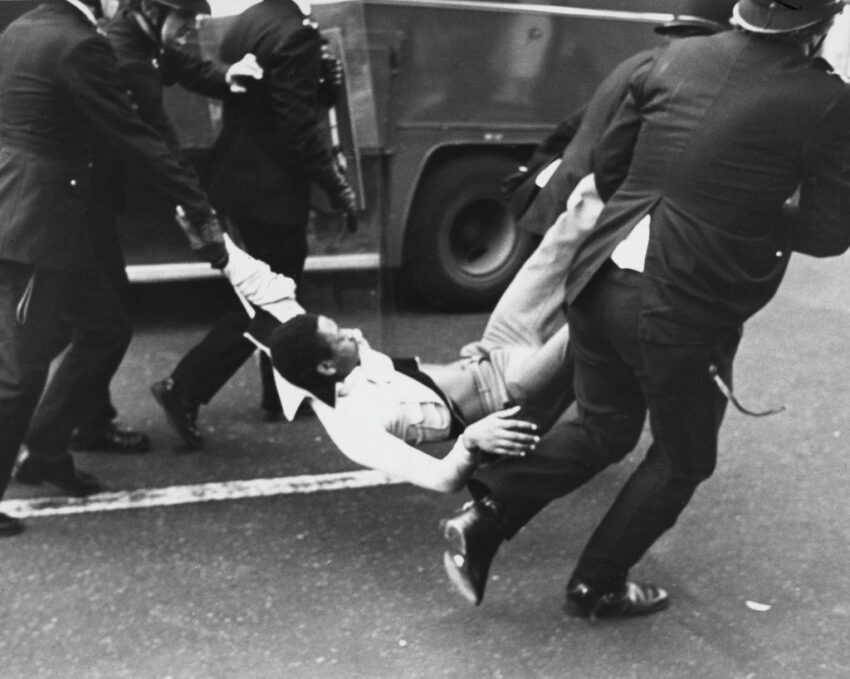COMMUNITY GROUPS are encouraging people to take part in acts of exuberant defiance to commemorate 40 years since the Brixton uprisings.
Over 300 people have come together to develop the 81 Acts of Exuberant Defiance project, where they hope to tell untold stories from the uprisings.
“We believe that this is an important moment and a huge opportunity for the communities of Brixton to come together to connect, learn, share and dream together – building new strategies of resistance and resilience for the future,” say the organisers.
Those behind 81 Acts of Exuberant Defiance hope that the significant anniversary will provide an opportunity for “building new strategies of resistance and resilience for the future.”
On April 10, “an ambitious cultural programme of events and activities” will take place.
People from Brixton can take part with their own act of exuberant defiance.
Organisers say an act can be whatever people would like. However, they ask that people taking part honour the principles of the Humanifesto they’ve written.
This includes a commitment interrupt and surprise, as well as invite people to pause and reflect.
The actions should also aim to “make the future of Brixton as defiant and brave as its past.”
The Humanifesto is available to read in full here.
The Brixton uprisings lasted for three days in 1981.
Black communities came out to protest against racism and high unemployment.
At the time, around half of black young men in Brixton had no job according to BBC News.
Though the Race Relations Act had become law in 1976, tensions between the police and Brixton’s black communities remained problematic, as the police force were exempt.
What is now popularly known as stop and search was also a problem. Police could stop anyone who was suspected of committing a crime.
That month, over 1,000 people had been stopped and searched in just six days under Operation Swamp.
Recent data analysis from University College London (UCL) shows that black men aged 18-24 were almost 20 times more likely to be stopped and searched between July and September 2020.


Comments Form